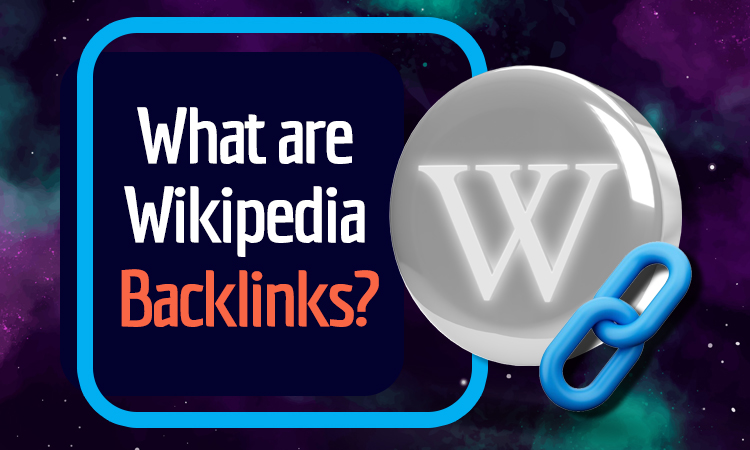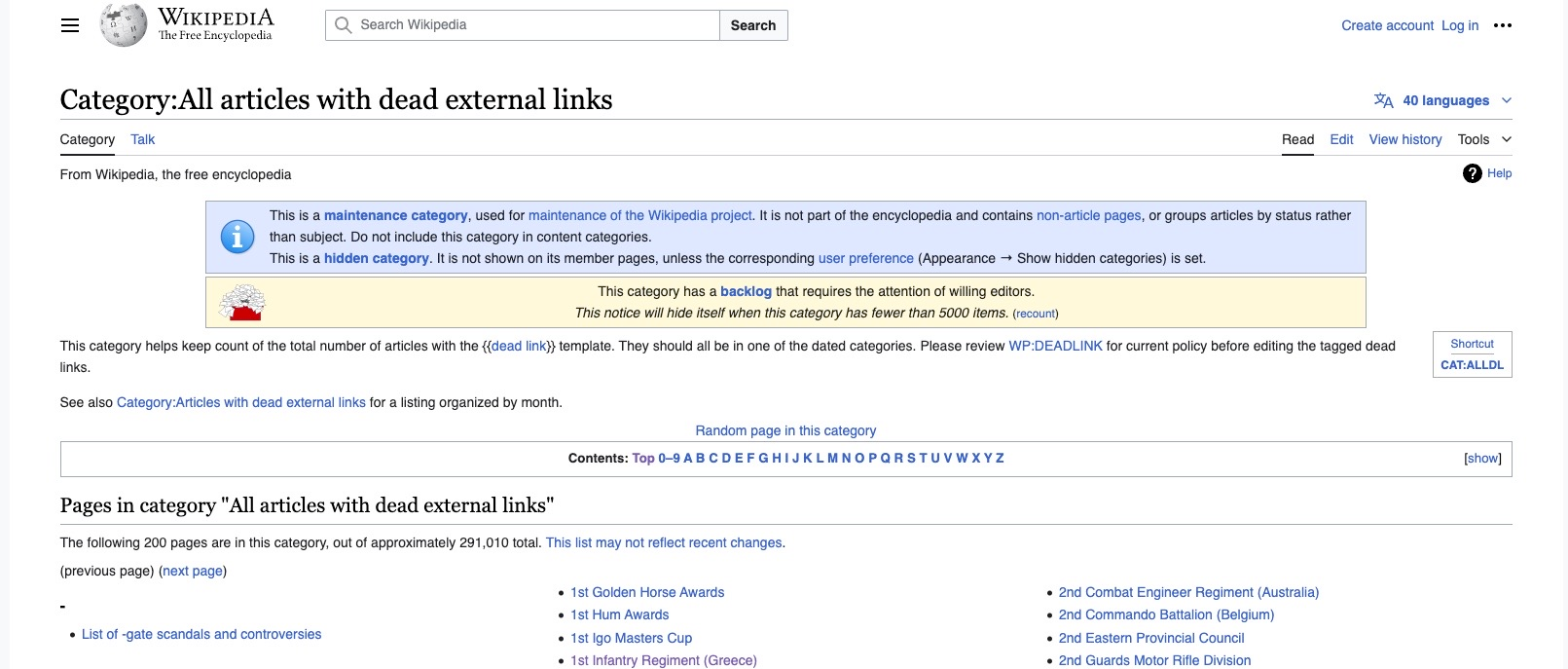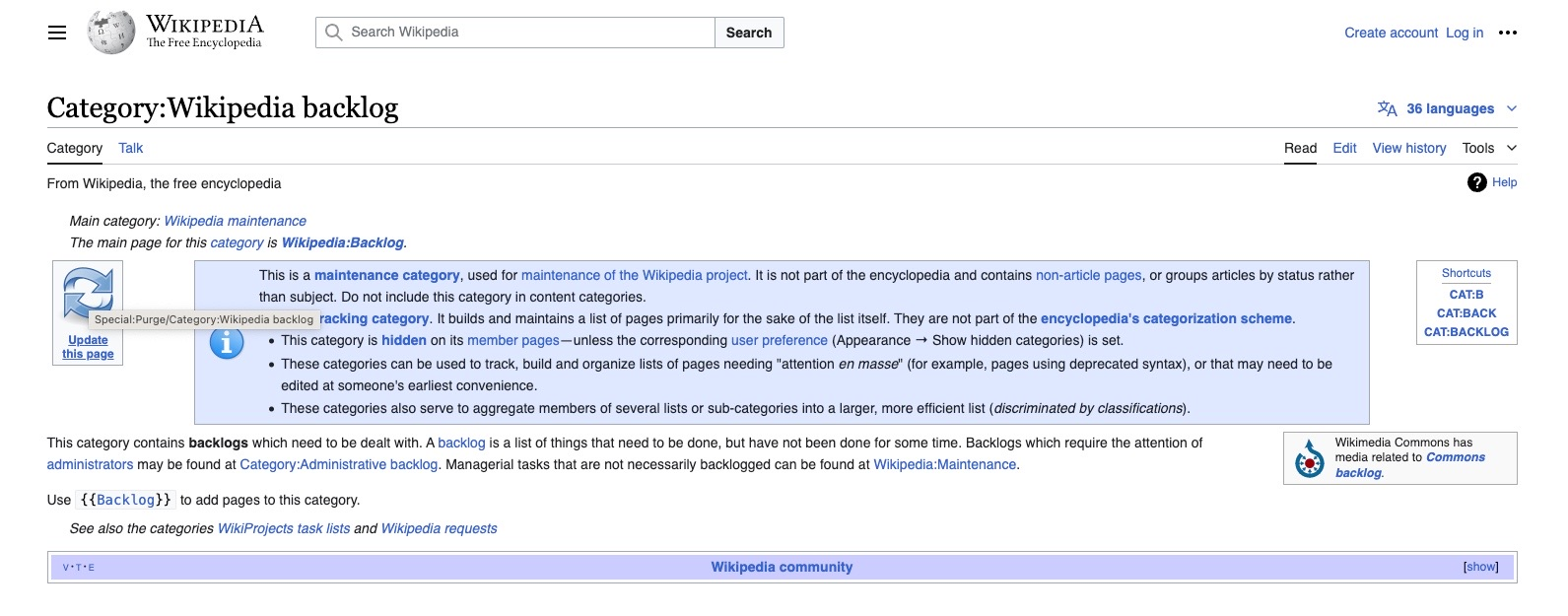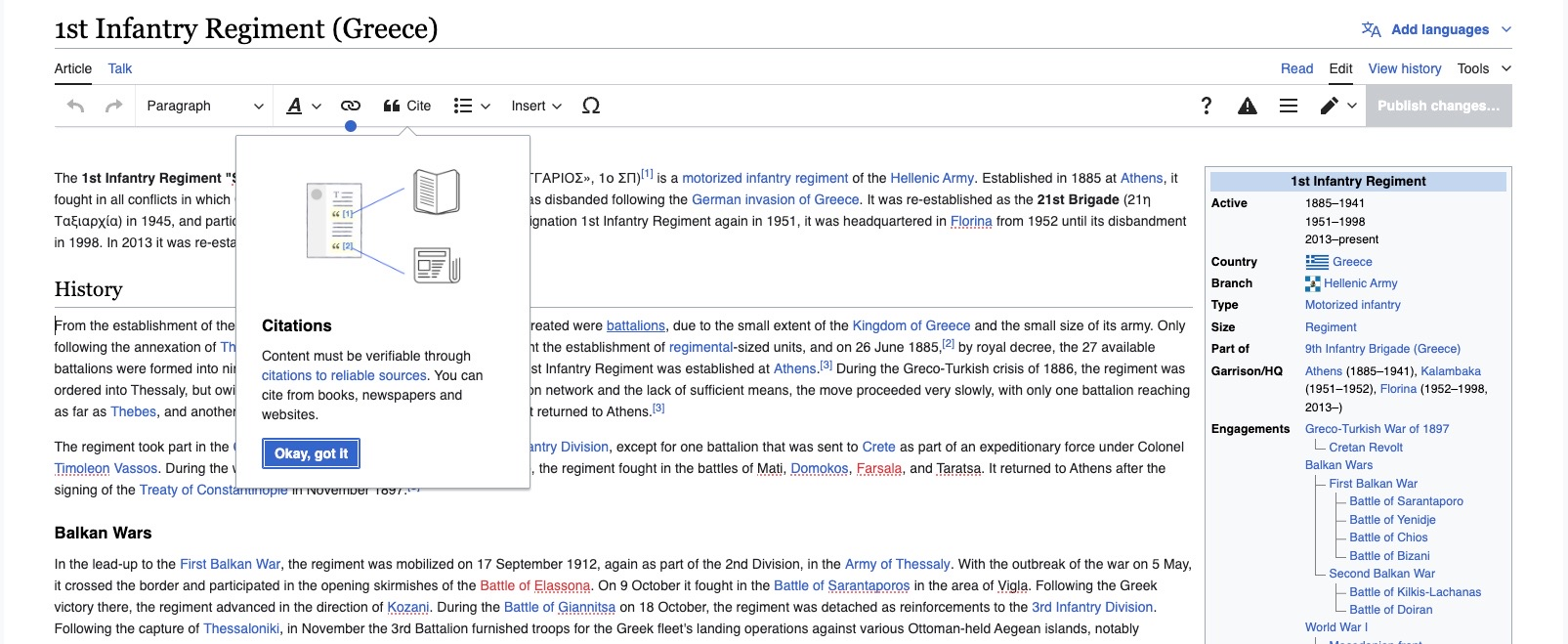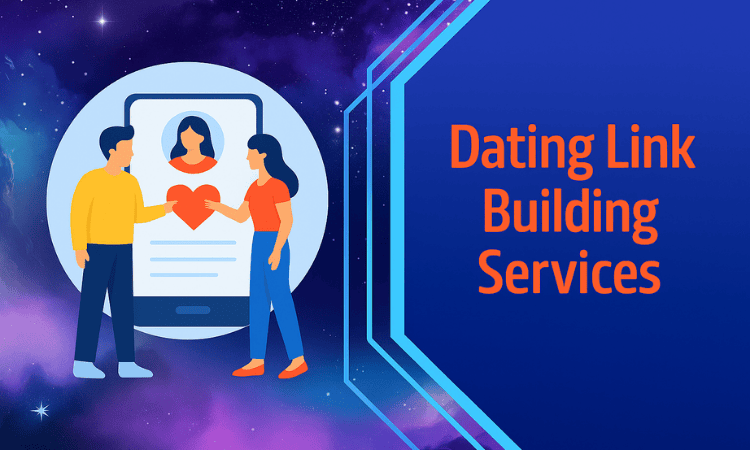As the name suggests, Wikipedia backlinks are hyperlinks embedded in Wikipedia pages.
Clicking on such backlinks will take you to another web page or website from which the article’s specific information was sourced.
You can think of Wikipedia backlinks as citations. Wikipedia backlinks offer a convenient way to share information from other websites without overcrowding the primary article.
Depending on the nature of the backlink, you could be sent to another web page or even a PDF file.
Why are Wikipedia backlinks valuable?
The general belief is that a link from a Wikipedia page carries more trust than many other links. We explore this below.
The high domain authority of Wikipedia enhances SEO
Wikipedia is known to have a high domain authority of 100. It might not be a perfect resource, but one can’t refute the fact that Wikipedia is accessed around the globe by people seeking more information.
They like having a single go-to source to extract knowledge about various niches without visiting numerous other websites.
Having your web page appear as a backlink in Wikipedia pages gives your website credence. Wikipedia backlinks are thought to boost a website’s SEO profile significantly.
This is because such a backlink signals to search engines that the linked content visible on a Wikipedia page (aka your content) is relevant and informative regarding the search term or keywords in question.
Having backlinks on Wikipedia is seen as a kind of endorsement that search engines tend to reward.
Relevant traffic can lead to increased engagement
People visit Wikipedia to gain information about a specific niche. Whether interested in pop culture, history, science, or other topics, they want to learn more.
As they read through an article, they notice the backlinks. Visitors know clicking on backlinks means being transferred to another web page for more relevant information.
Now, what do you think will occur if that particular backlink happens to be one of yours? Well, the website traffic from Wikipedia will be directed to your website. Due to targeted traffic, visitors will be more engaged when visiting your web page.
So, there’s a higher chance of such traffic spending more time on your website and even returning because now they see you as an expert (depending on the niche).
More engaged traffic leads to better engagement metrics, which can lead to more conversions.
Backlinks support the credibility of your website
Linking back to what I shared about high domain and search engine optimization advantages above, a backlink appearing in Wikipedia boosts credibility. A Wikipedia backlink tells readers your website can be trusted, and the trust comes from visitors as well as search engines.
Visitors will see a backlink to your website and consider visiting it. Search engines will consider your web page a trusted online resource and help increase SEO ranking through search engine results pages.
Are Wikipedia Backlinks More Valuable Than Other Links?
It depends.
Wikipedia backlinks are good but not irreplaceable
Even though Wikipedia backlinks can be beneficial, you should note that they aren’t the only types of valuable backlinks out there.
Getting Wikipedia backlinks can aid your SEO strategy. However, you shouldn’t obsess over only getting such backlinks. Doing so can be a waste of time, as you will ignore other potential backlinking opportunities.
Also, given Wikipedia’s strict policies, editors can be very harsh during their screening process. This is especially true for backlinks deemed promotional or similar to advertisements placed in articles.
Consider the cost and ROI vs value of getting a link on Wikipedia
Wikipedia link building can be a tough task. So, you must ask yourself if you’re up for facing such a challenge.
You will need to spend effort and time understanding Wikipedia’s policy on backlinks. Yes, anyone can edit and add a backlink to an article, but that doesn’t mean that such a backlink will pass the approval process.
That’s why you must ensure that you have created an authoritative website to increase the chances of your backlink addition.
Whether you create the authoritative website yourself or outsource the content, is the time, effort, and money worth it?
Of course, the answer would vary case by case. But regardless, the bottom line is that focusing on getting Wikipedia backlinks doesn’t promise guaranteed results.
Alternatives to Wikipedia backlinks
The good news is that Wikipedia isn’t the be-all and end-all of credible backlinks.
Depending on your link-building strategy, you can work on getting backlinks from Wikipedia articles alongside other effective tactics such as:
- Guest Posting
- PR Outreach
- Niche Edits
- Blogger Outreach
- Resource Page Link Building
- Creating Linkable Assets
These methods are more scalable and can deliver equally high-quality links. As with everything, diversification is always a good idea, so don’t focus solely on getting Wikipedia backlinks.
When does pursuing a link make sense?
If you are an established and trusted figure, the likelihood of getting your Wikipedia backlink to stick is much higher. This goes for a person or company.
You should also have detailed content backed by verifiable facts. Wikipedia links are meant to cite sources for further education on a topic, so be prepared to provide it.
Budgetary considerations should also be made. With a limited budget, you could get more impactful results by spending your money on content or other link-building opportunities.
How do you acquire Wikipedia backlinks?
Very carefully and with proper due diligence and planning.
Identify articles lacking citations or external links
Wikipedia makes it very easy to find articles lacking citations or external links. You only need to Google “Wikipedia Category: Articles lacking sources.”
You can filter articles by category to find the ones you want to focus on. As the name states, articles lacking sources mean more references and citations are required. Depending on the quality of information on your web page, you can use it as an additional authoritative source.
Articles lacking external links include ones with dead Wikipedia links. Dead or broken links (or link rot) occur when the originally linked web page stops working due to the source being deleted or moving to a new address.
Replacing dead links or broken links is one of the best link-building opportunities you can ask for.
Depending on your website’s offering of relevant content, the broken link can be replayed by a link to your web page.
Many broken links in Wikipedia are tagged with a “dead link” template. You can view a list of them here: https://en.wikipedia.org/wiki/Category:All_articles_with_dead_external_links
Look for statements tagged “citation needed.”
Another way to get backlinks from Wikipedia is by searching for articles tagged with “citation needed”.
When you see a “citation needed” tag in an article, it means that another editor has requested it.
The request is for someone to link to an authoritative site to verify a claim being made in an article.
Wikipedia has an issue with a backlog regarding such a tag.
Approximately 500,000 articles have “Citation needed” statements. By adding proper citations, you can help address the backlog.
Adding citations from a reliable source is easy. Here’s how to do it:
- Copy the URL or the web address of the web page you want to cite.
- Go to the article to which you want to add the citation.
- Select the “Cite” button.
- Click on the “Automatic” tab.
- Paste the URL.
- Click “Generate”.
- Make sure to double-check the citation.
- Click “Insert”
- And you’re done.
You can also rework the citation by clicking the “Edit” button if you need to do so.
Find articles related to your content’s topic
When working to get backlinks on Wikipedia, you must focus on articles related to your web page. It’s all about adding value; you can’t do that if you aren’t focused on the right niche.
You can make use of the Wikipedia search feature to find potential pages related to what your website covers. Also, you should read the article and try to identify information gaps. Offering valuable information to fill such content gaps is a reliable way to add backlinks to Wikipedia pages.
Match your content with Wikipedia’s needs
Wikipedia is about providing information to readers. Yes, basically anyone can edit an article. However, Wikipedia policies play a role in approving the edits. Wikipedia editors aren’t shy about deleting content and backlinks if they feel an addition isn’t valuable enough.
So, to have backlinks in Wikipedia, you need to be familiar with the style of content being published. Take some time to research Wikipedia pages related to your niche. Identify ways to add to the already present content through your web page.
Ensure that your content doesn’t come across as a promotional spiel. It should primarily be about offering readers the information they are looking for.
Ensure your content is authoritative and detailed
Wikipedia editors will remove a backlink that does not offer high-quality information to an article. If you want backlinks from Wikipedia, you must emphasize creating well-researched and authoritative content on your web page.
Content must directly support the Wikipedia page
Again, the Wikipedia backlink must support the article’s content. A random link just won’t cut it. The link to your web page should add value to the Wikipedia page.
Building links without focusing on adding value to an article will not work and is a waste of time. Wikipedia’s editing team will block any effort to do so.
Editing Wikipedia pages to include your link
While you can edit most articles without logging in, it’s recommended that you create a Wikipedia account to start editing articles and work on including your link. The account creation process is free and easy to do.
A Wikipedia account provides certain benefits, including the ability to upload media, create pages, and edit without your IP address being publicly visible.
Editing articles requires following Wikipedia’s editing policy. You need to respect the global editing team you are a part of. Any feedback should be responded to professionally.
Wikipedia uses two editing methods: the classic editing route through wiki markup (wikitext) and the newer VisualEditor (VE) route. The VE route is considered more user-friendly, but you can use whatever you are comfortable with.
When editing an article and including your external link, don’t copy-paste content from the external website unless you are quoting a piece of information. Write a paraphrased version of the content you want to link to, then add the external link as a reference.
Respecting the editing community and being fair when including external links will increase your chances of having backlinks approved in relevant Wikipedia articles.
Follow Wikipedia article guidelines for external links
External links should not direct a reader to a web page with malware or malicious content (hate speech, unverifiable research, paywalled content, and the like). They should also not redirect the reader to a website that is all about marketing a specific product or service (including affiliate web pages). Linking to online petitions is also not allowed.
Again, the linked web page should offer helpful information to the reader.
Wikipedia’s editing team is quite strict about adding external links. Trying to get backlinks from Wikipedia while knowing they don’t adhere to its guidelines can harm your reputation.
Write an unbiased, informative edit summary
Wikipedia maintains page histories. This means that whenever someone changes an article, the older version is still present. Wikipedia does this so an editor can review the proposed changes and decide whether they should be approved or rejected. This is an efficient safeguard against someone wanting to change an article randomly as a prank.
When you decide to edit an article, you can see the edit summary field under the main edit box. You should consider filling out the edit summary box to strengthen your case for making the edits. The edit summary box lets another editor know the reason behind the edits you made and why they should remain to update an article.
Here’s how to write an effective edit summary:
- Remember, even a short explanation is better than no explanation at all.
- Justify your reasoning behind the changes. A proper justification can help with editor approval.
- Avoid abbreviations in the summary so as not to confuse the editors.
- Be as unbiased as possible. Focus on offering information to the reader instead of trying to find a way to add your external link to a relevant Wikipedia page.
Challenges in acquiring Wikipedia backlinks
Spammers take advantage of every opportunity. As a result, Wikipedia has gotten extremely strict.
Strict adherence to Wikipedia’s editing policies
Wikipedia doesn’t joke around when it comes to editing policies. You need to stick to what Wikipedia has outlined when making changes to an article and trying to increase backlinks from Wikipedia.
No promotional content is allowed
Backlinking to your site won’t work if you’re solely doing it for promotional reasons. As mentioned, Wikipedia doesn’t like backlinks to promotional content. Any external link you add should play a role in supporting a claim present in an article.
Trying to get backlinks from Wikipedia without adhering to editing policies can result in your Wikipedia account being banned and your editing privileges being blocked.
All contributions must be neutral and verifiable
Information added to existing articles on Wikipedia should have a neutral tone. Your changes should be verifiable through reliable sources (including other external links as well as yours).
Risk of link removal by community editors
Wikipedia community editors will remove a link if it doesn’t follow the backlinking policy. That’s why you should ensure you meet the guidelines for the link to be approved and remain in the article.
The risk of link removal by community editors increases if said link:
- Is promotional.
- Leads to a web page not offering authentic information.
- Includes harmful or derogatory content.
- Includes malware.
Links not meeting guidelines are quickly removed
You will be surprised to realize how active the Wikipedia editing community tends to be. There’s a very slim chance an inappropriate external link will slip through the cracks and appear in an article. Even if such a thing happens, the editing team will remove the “approved” link in seconds.
That’s why you must adhere to the external link policy to increase your chances of creating Wiki backlinks and not being banned from making edits.
Frequent monitoring of the link’s presence is necessary
Simply having your external link appear in a relevant Wikipedia article isn’t enough. Once you have begun your strategy to build Wikipedia backlinks, you must monitor to ensure the link stays. The longer your link stays, the better your SEO value will be.
That’s why it’s recommended that you regularly check a Wikipedia backlink to see if the link is still active. Create a save page list by bookmarking the articles the backlinks appeared in. Depending on your SEO strategies, you should check the backlink’s status at least twice a week, if not more.
To monitor your Wikipedia backlink, tools like Pitchbox, Ahrefs, Link Research Tools, and Majestic can be used.
Requirement for high-quality, relevant content
Acquiring backlinks on Wikipedia is possible. But again, you need to realize that only links to high-quality and relevant content pass the approval process.
That’s why you need to build an informative web page before trying to add backlinks to an article. Wikipedia is all about showing readers quality backlinks.
Content must add value and be citation-worthy
You can’t have a backlink approved if it doesn’t add informative content to an existing article published on Wikipedia.
The web page you want to link to should be citation-worthy. And that can’t be possible unless you create a website worthy of standing alongside other authoritative sites related to the nice you’re focusing on.
Regular updates to content may be needed
Depending on the niche, regular updates to the content on your web page may be needed.
A backlink can quickly become obsolete if it does not direct traffic to an updated web page. This is especially true for web pages focused on pop culture.
If a web page isn’t updated, your backlink can be replaced by a competitor’s external link that offers the latest information.
Maintaining Wikipedia backlinks
Stay fresh and accurate, and avoid turning the page into a sales piece.
Ensure your linked content remains up-to-date
One of the ways to ensure your backlink remains on a relevant Wikipedia page is by keeping the linked web page updated.
Linking to old information can lead to someone else replacing your backlink with one that directs traffic to the latest content.
Update your content to reflect new information or research
Depending on the niche being covered, always try to update the content of your web page as much as possible. You should quickly change a web page to showcase the latest information.
If you’re running a STEM-related blog, the web page should reflect the newest research findings, so Wikipedia continues to consider you a reliable source.
Positively engage with the Wikipedia community
Link building on Wikipedia requires effort. However, if you manage to get the hang of it, link building on Wiki pages is a great way to increase your SEO and domain rankings.
Editing on Wikipedia is a collaborative effort between established editors, newer editors, and volunteers. You can improve your standing as an editor and ensure the longevity of your backlinks by interacting positively with the community.
Wikipedia’s policy doesn’t tolerate rude and disruptive behavior.
Respond constructively to any feedback on your edits
Other editors can leave feedback on the changes you want to make on Wiki pages. Don’t go on the defensive when you receive feedback regarding an edit and backlink.
Be respectful and present yourself as someone responsive to constructive feedback to improve your editing skills.
Participate in discussions related to your content’s field
For the editing community to take you seriously, you must showcase yourself as a credible editor. You need to position yourself as an expert voice in the niche you’re focused on.
Participating in Wikipedia discussions about your field and delivering valuable information will boost your credibility and visibility as an editor.
So, Do You Need A Wikipedia Backlink?
Maybe. In some cases, it is a great opportunity; in others, it would misuse time, effort, and capital.
In order to see the best results from link building, you must start with a clear set of goals and a sound strategy, leveraging the tactics that best support your goals.
At Stellar SEO, our custom outreach link building services help you turn your business goals into an actionable link-building strategy that maximizes the efficiency and effectiveness of your efforts.
Contact us today to see how we can help you.









